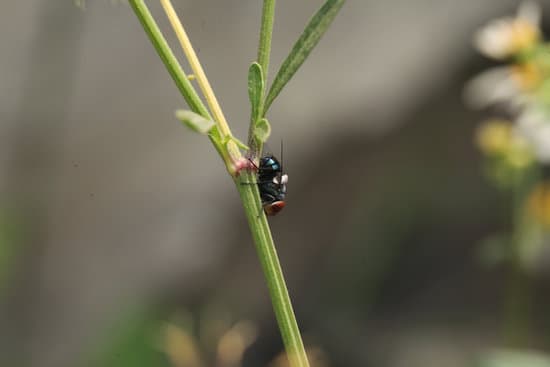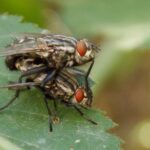Can Fly Bite You?
Although fly bites are often harmless, some people are allergic to their venom or saliva and may experience allergic reactions. It is important to consult a doctor if the bites look severe or infected. At-home remedies can also be used to soothe and treat the bites. These may include icing the area or applying an over-the-counter anti-inflammatory medication. If you suspect you are allergic to a particular fly’s saliva, contact your doctor immediately.
There are two main species of flies that can bite you. One of the most common is the black fly, which is small and humpbacked. Black flies are blood feeders and can cause stings. The bites can be red and swollen and can be quite itchy. They are most common in spring and early summer, especially near water bodies.
Flies have special mouthparts, which can pierce the skin and access the blood vessels. Besides being nuisances, some species of flies carry diseases that can be dangerous to humans. Mosquitoes and deer flies can carry diseases like West Nile and Zika. Some species are even capable of spreading tularemia. In addition, flies can cause a range of problems in livestock. Several types of flies attack livestock and can cause health problems, so it is essential to control fly populations.
Depending on the severity of the bug bite, you should seek medical attention immediately. The AAD recommends visiting the emergency room if you experience difficulty breathing, a feeling like your throat is closing, or if the bite has become so severe that it has impacted your breathing. You should also visit a doctor if you develop chest pain, dizziness, headache, or swollen lips or tongue.







